Tetris is a perfect game. Take any aspect from it, or add a new one in, and it loses something magical. In its highly refined finished form, it is as quintessential and eponymous with gaming as chess.
In a way, that applies to the film Tetris as well. It’s the true story about the game’s creation in the depths of the Soviet Union, how it was stolen through skullduggery and lies, and how it was won back through tenacity and cunning, is incredible on its own. It is truth being stranger than fiction; it needs no embellishment.
So when Tetris adds to that story, it becomes lesser in the process. The truth might not have car chases or an explosive finale straight from Argo, but it is an impossibly compelling story even without them. When director Jon S. Baird and writer Noah Pink stick to the real thing, Tetris is one of the best films of the year. When they falter, and add superficial flourishes that detract from the big picture, it feels like an odd, glaring misstep.
In one of the few truly awful scenes in the film, it’s Henk Rogers who helps Alexey Pajitnov devise one of the defining features of Tetris. Which, by all accounts, never happened, and only feels like sour grapes from those who are writing history.
Arguably, these things fall under artistic license. Not everyone wants to see a film where folks just argue about video game rights, even if the implications of said discussion goes beyond just gaming. But I’d argue that Tetris is the sole exception that would be engrossing even without amplification.
At one point, no fewer than five parties were involved in the negotiations. At least three of them were in the same building, in different rooms, all feeding into a larger play that extended to the top of the Soviet Union regime. All for a game that everyone knew was lucrative, but not what kind of cultural and geopolitical impact it would have.
By the time the dust settled, Tetris became as synonymous with Nintendo as Mario.
But you review the film that’s out, now that what you wish existed. To that end, Tetris is a fine, expertly crafted film with terrific leading performances from everyone involved. Taron Egerton, one of my favorite actors working right now, is splendid as Henk Rogers, who helped usher in the era of Tetris in the west.
Nikita Efremov channels a distant and elusive charm to Pajitnov, the creator of Tetris. He’s a wonderful presence, but we never learn anything of Pajitnov beyond his uncanny ability to recognize what makes for a fun game. He remains a cypher, which is a shame, as Pajitnov’s life is just as fascinating as the game he created.
With a host of nifty transitions and clever cutaways that evoke retro gaming aesthetics, director Baird never lets Tetris feel boring. In his hands, it’s a globetrotting spy thriller, the kind of classy old-school romp we used to get constantly in the 90s and early 2000s.
So, going in, your enjoyment will hinge on how much you both know about the history of Tetris and, more importantly, how much you care. Sometimes a good story is a good story, even if it’s not entirely true. In this case, looking past what the film itself calls American Sentimentalism, you’ll find not just a good story, but a great film about a perfect game. Even if it is embellished.


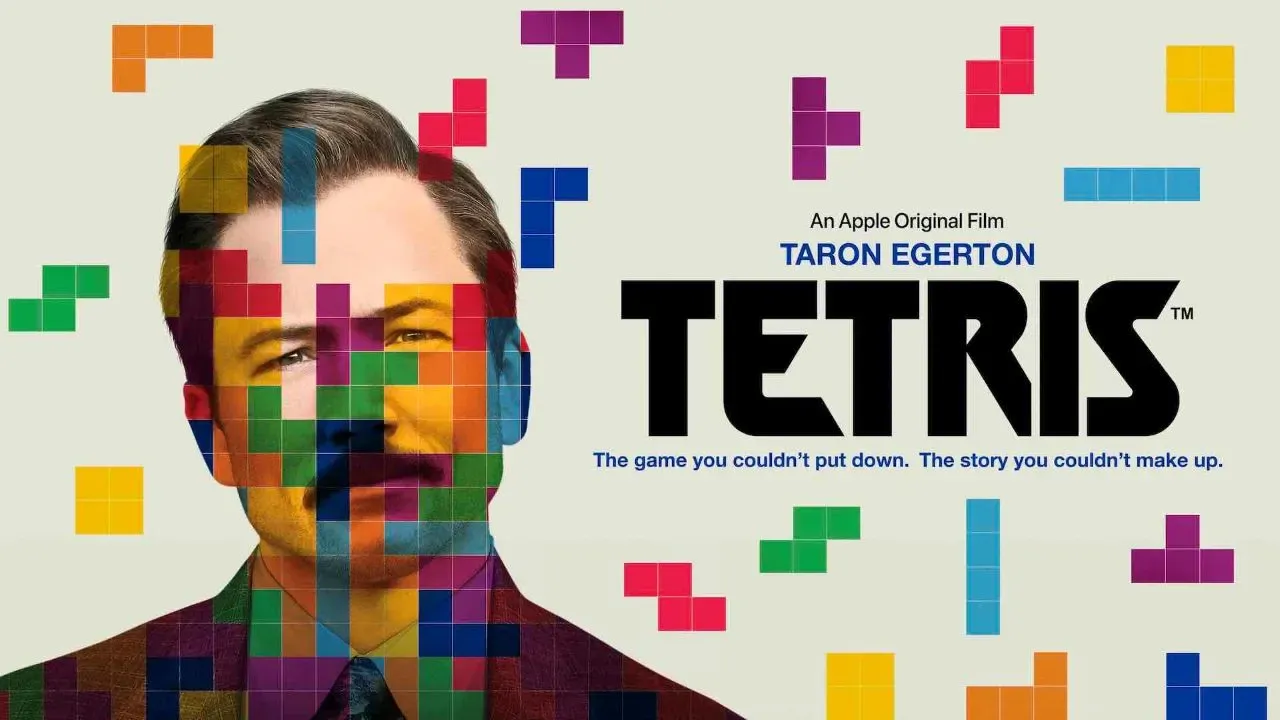
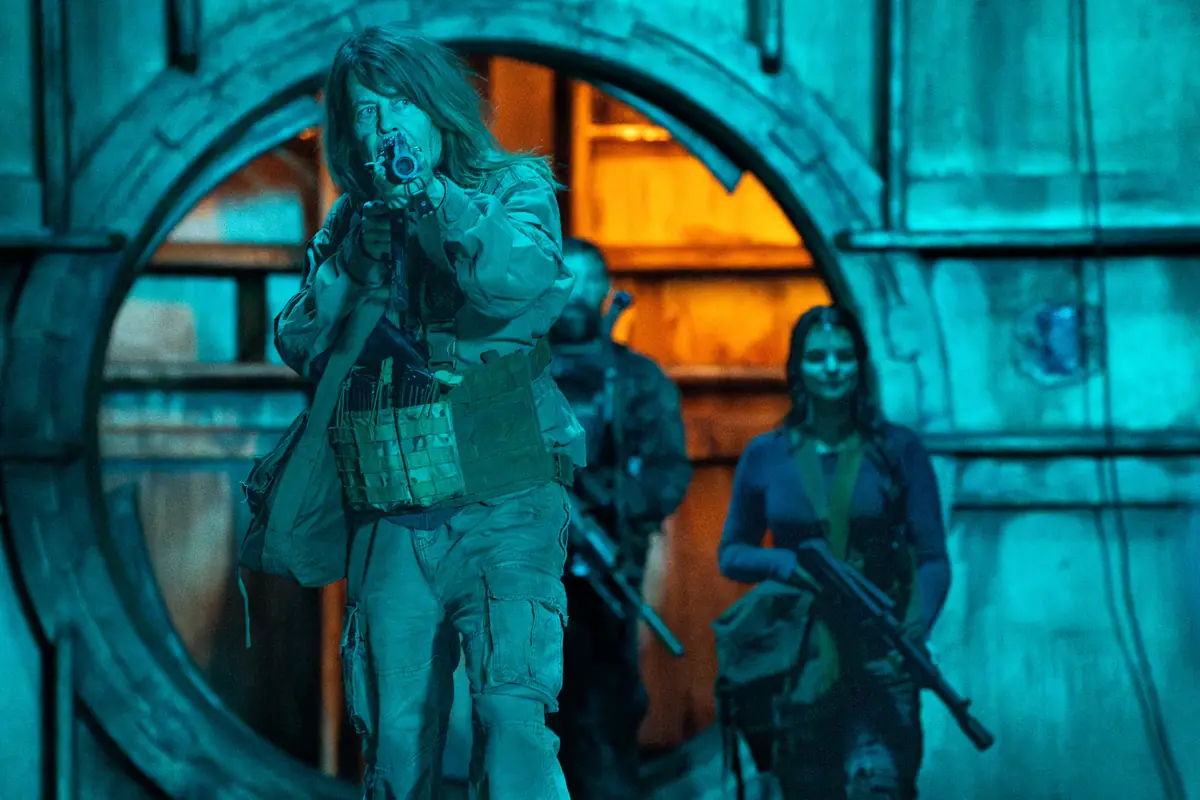

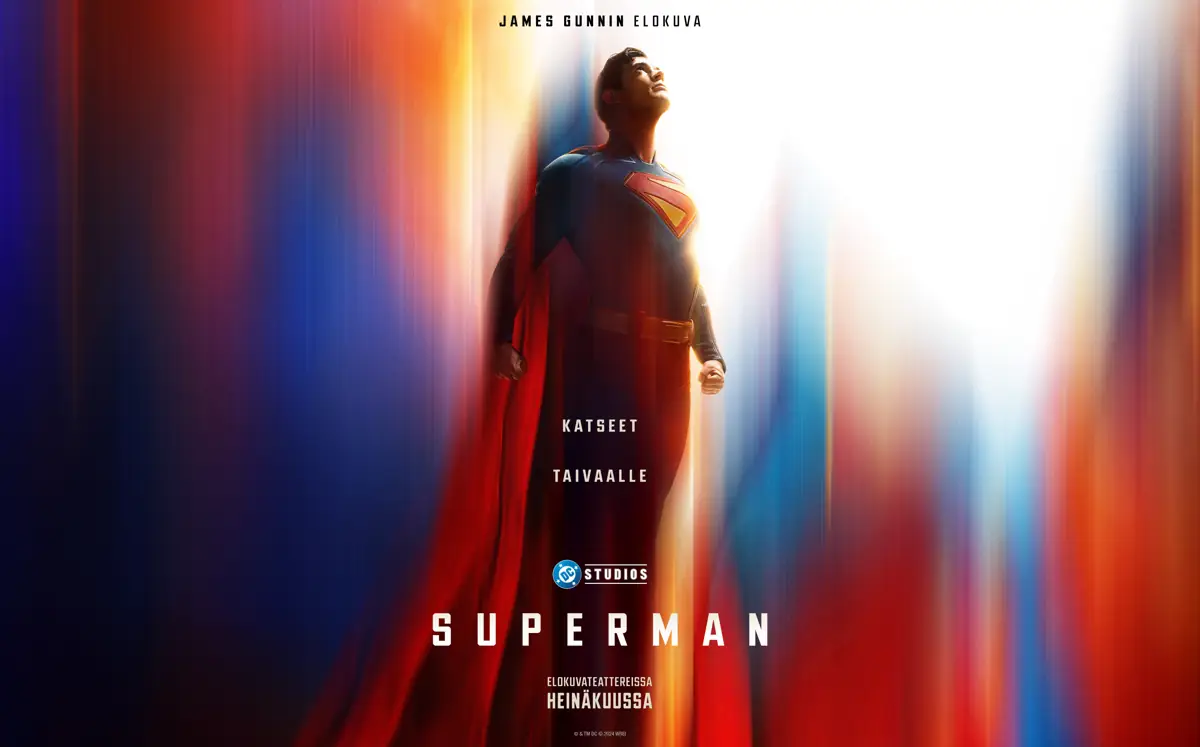

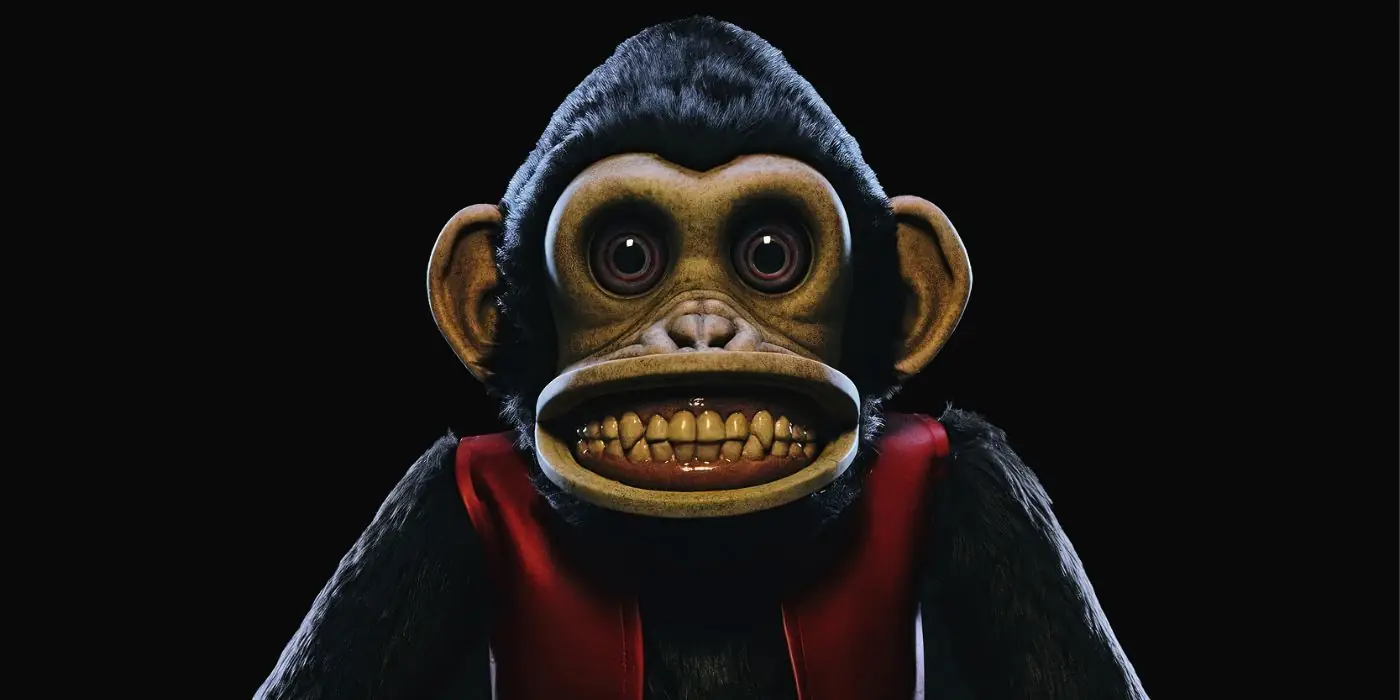

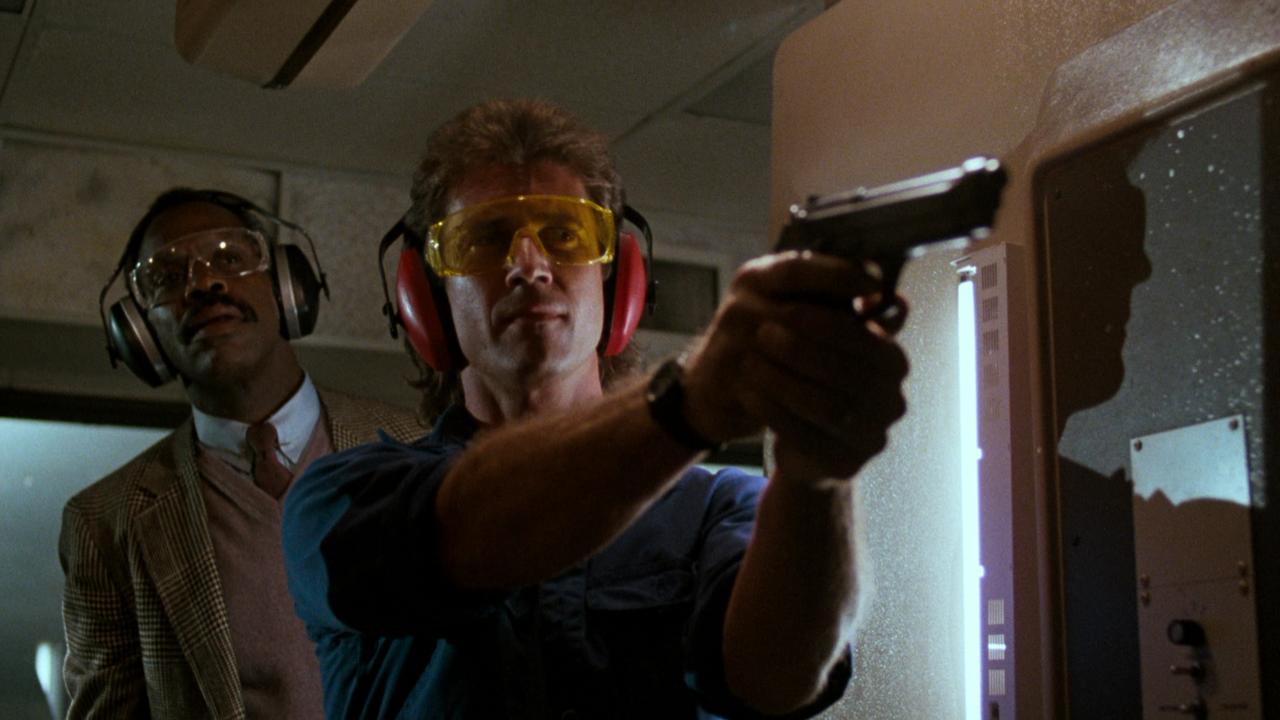


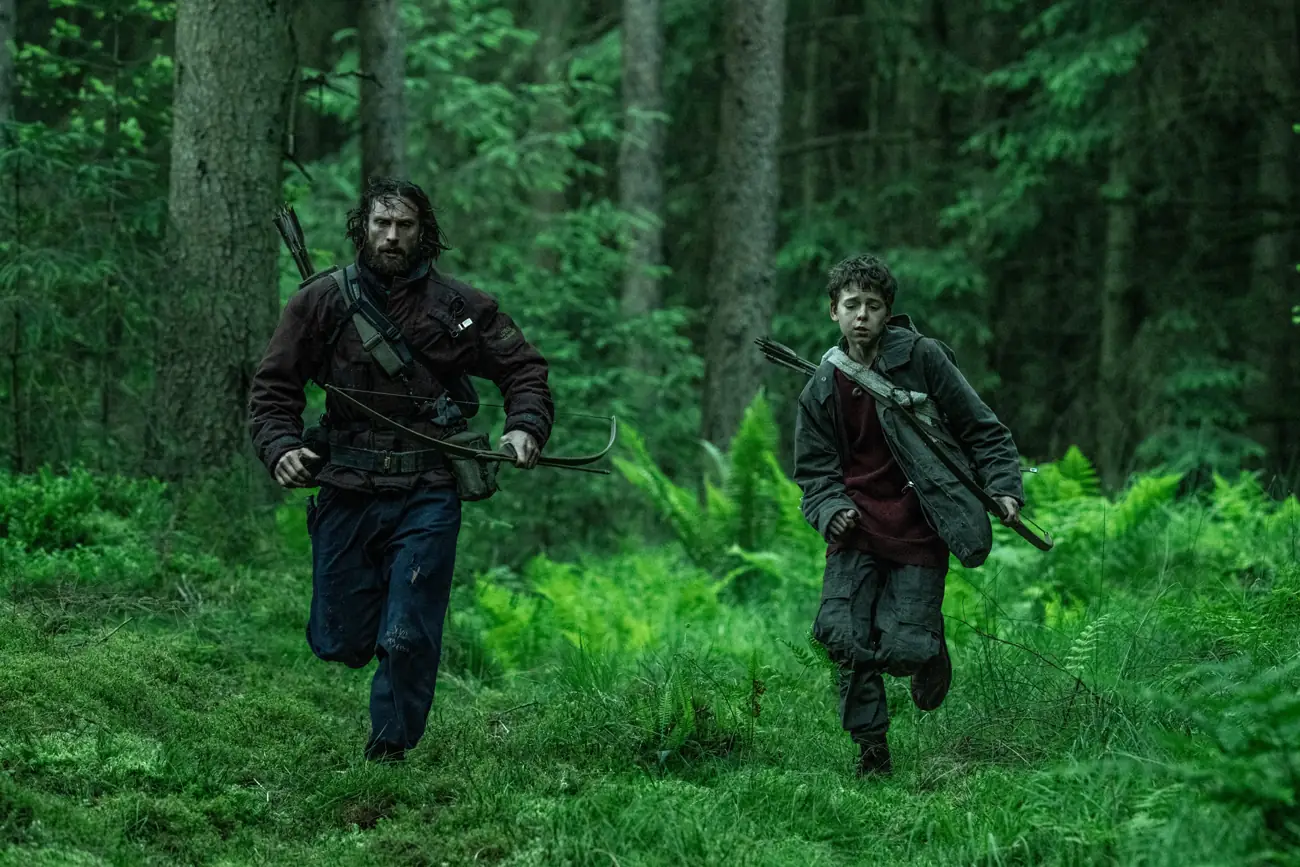

Discussion